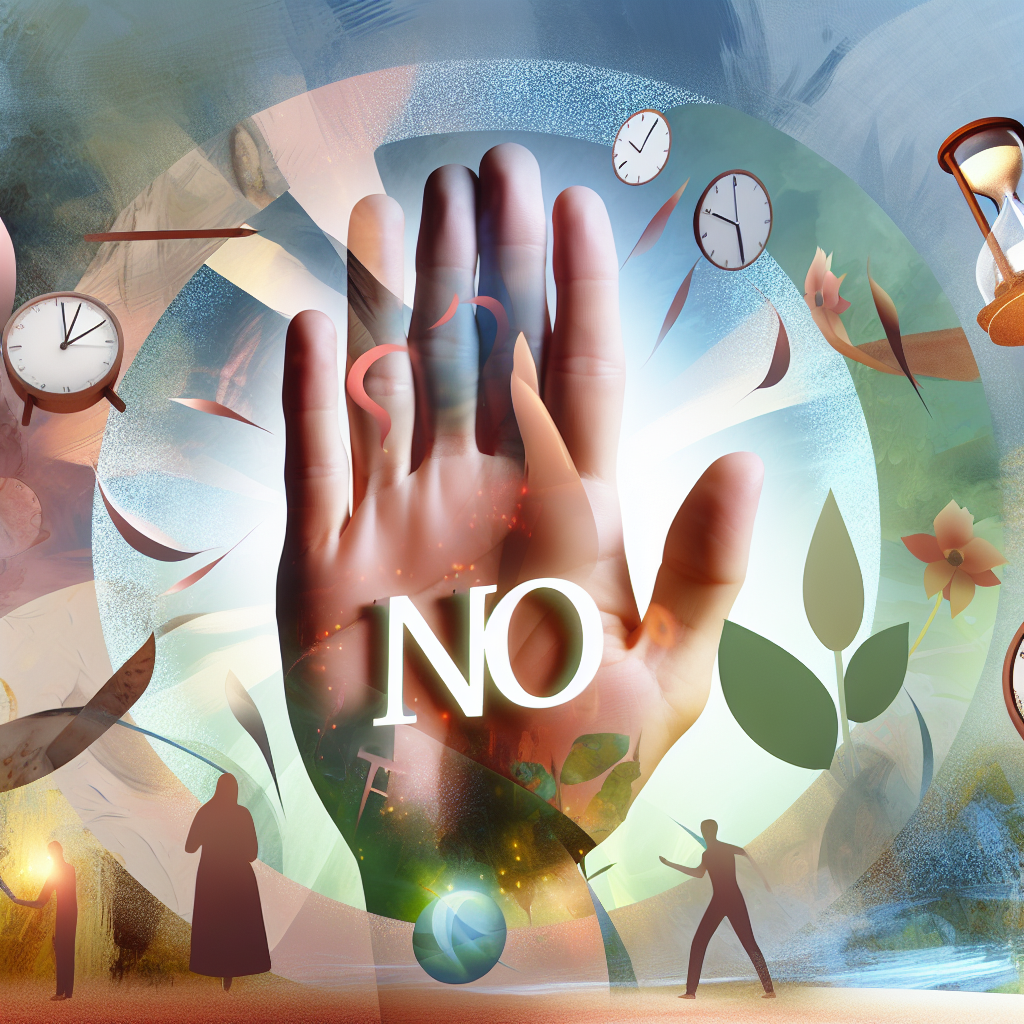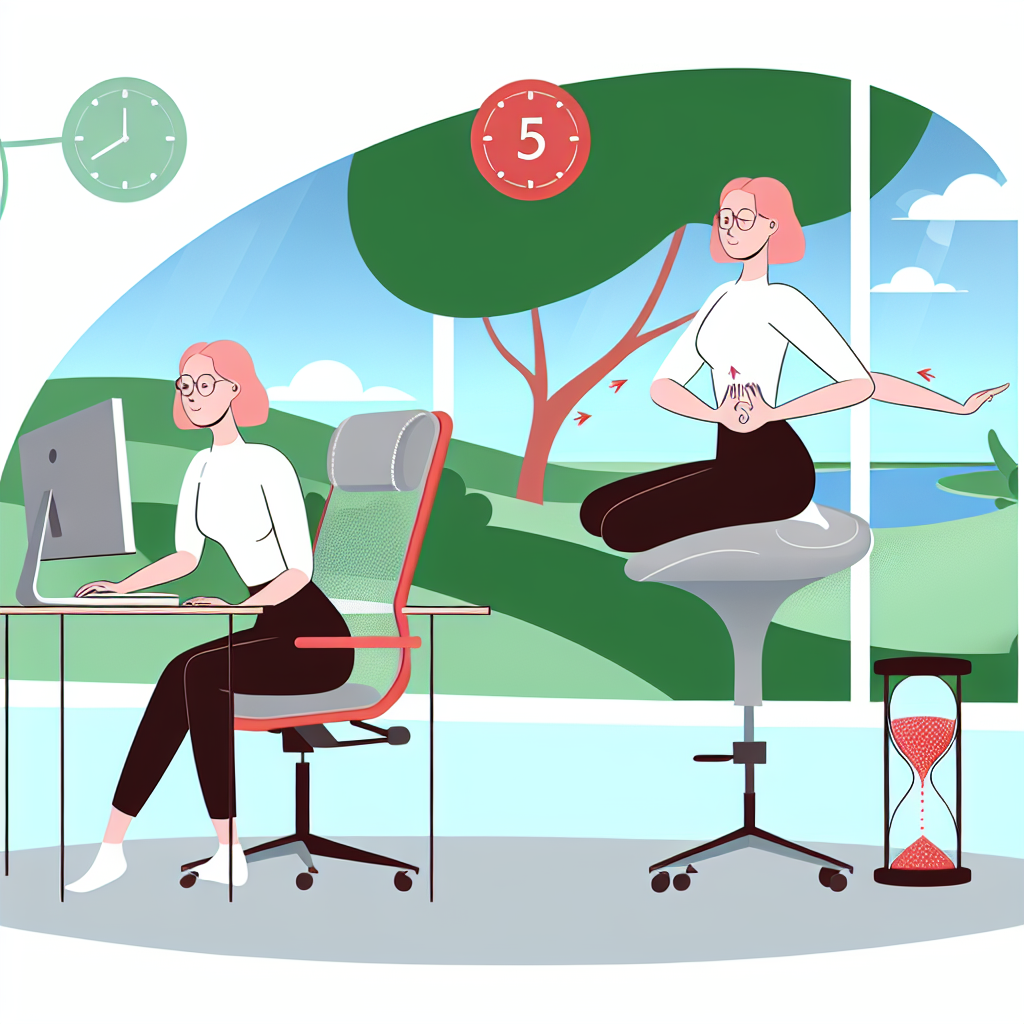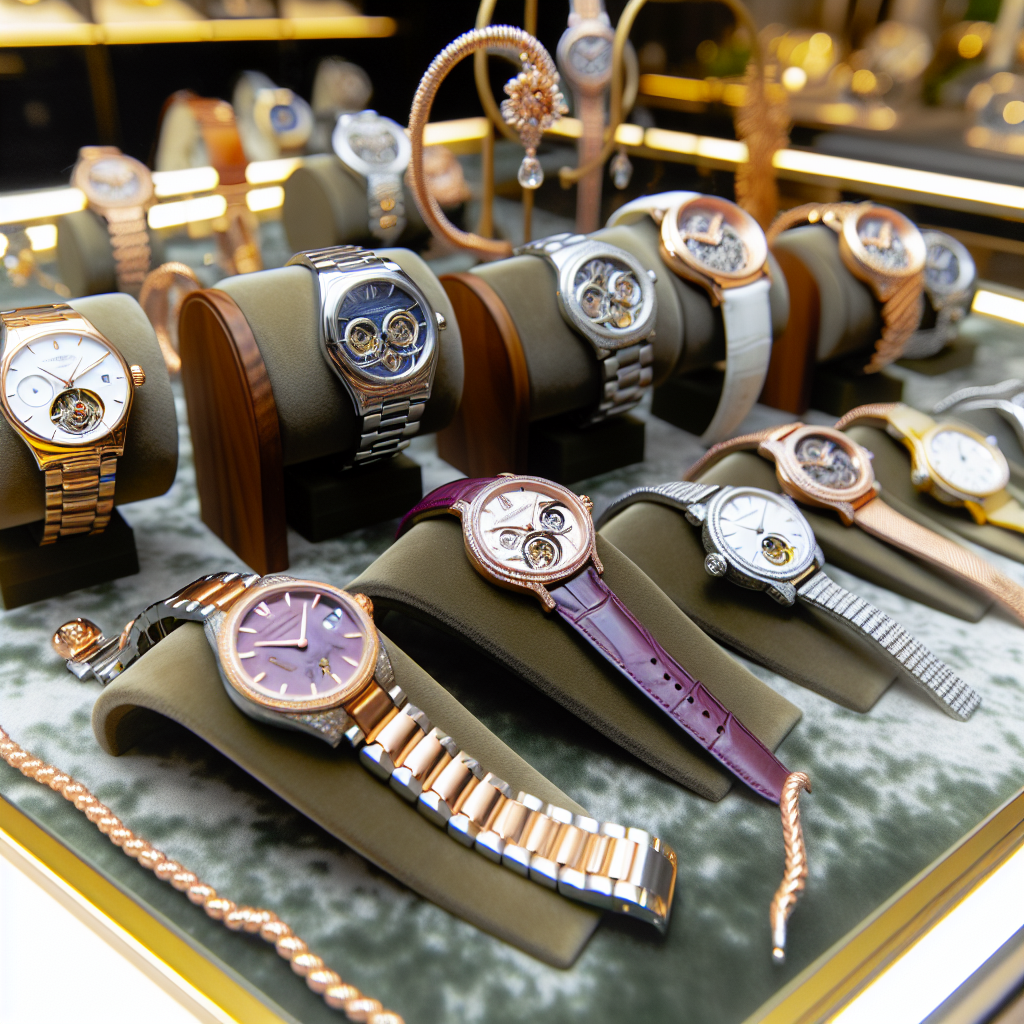The Power of Saying No: Protect Your Time and Sanity
The Ultimate Luxury: Guarding Your Time Like a Treasure
In the world of luxury and high performance, time is fast becoming the ultimate currency. Money can be earned, misplaced, and regained—time, however, cannot. For those aspiring to or already living a curated, lavish lifestyle, guarding your time and mental space is not only about productivity; it’s a form of self-preservation.
The power of saying “no” is a refined skill, one that too often gets overlooked in favor of social obligation, overcommitment, and people-pleasing tendencies. But in a world that rewards exclusivity and discernment, the ability to decline gracefully is a mark of true sophistication.
Luxury is not only about what you can acquire—it’s equally about what you choose to decline. Saying “no” means opting out of toxic energy, time-wasting engagements, and even lucrative business opportunities that disrupt your emotional well-being. Especially for high-achieving women, entrepreneurs, and executives—the core audience at MoxyGal.com—the balance between demand and bandwidth is delicate. Each “yes” implicitly becomes a “no” to something else: your downtime, your family moments, your creative thinking time, or even your health.
This is not about building walls or adopting unrealistic ideas of perfectionism. It’s about setting luxury standards for your time and mental real estate. Social media, business expectations, and peer pressures have conditioned many to equate worth with busyness. But elevated living is not about being busy; it’s about being purposeful.
When you say “no” with intention, you’re not shutting out opportunities—you’re curating your life for quality over quantity. Doing so not only enhances your personal peace but also elevates your influence and value in every room you enter.
Scientific Proof: Saying “No” Fuels Mental Wellness and Success
Numerous professional and clinical studies affirm that the strategic use of the word “no” plays a direct role in mental wellness, stress reduction, and overall life satisfaction.
A key psychological foundation comes from the research of Dr. Roy Baumeister, a social psychologist at Florida State University, who found that self-control—often realized through the ability to say “no”—is a stronger indicator of success than high self-esteem. This means individuals who effectively protect their time and resist unproductive distractions are statistically more likely to achieve personal and professional success.
Baumeister’s widely-cited paper, Ego Depletion: Is the Active Self a Limited Resource?, reveals that decision-making is a depletable resource. Saying “yes” too often drains mental energy, which compromises your ability to make sound decisions throughout the day Source
Another compelling study from the Journal of Consumer Research highlights how language shapes our resolve. Saying “I don’t” versus “I can’t” creates a more empowering psychological stance. For instance, “I don’t do meetings on Fridays” exudes control and intention, while “I can’t” suggests restriction and external control.
Researchers Patrick and Hagtvedt discovered that saying “I don’t” leads to stronger self-discipline and more consistent decision-making over time Source
Medical science concurs. A Mayo Clinic study reveals that overcommitment and the inability to say “no” are directly linked to chronic stress, resulting in increased risk of hypertension, anxiety, and burnout. On the other hand, assertive boundary-setters report greater resiliency and emotional clarity Source
From a business vantage point, Harvard Business Review emphasizes that tactful use of “no” enhances executive presence. Clear priorities and firm boundaries are signs of a decisive leader, not a difficult one. Saying “no” raises credibility and conveys confidence Source
Bottom line: Saying no isn’t about avoidance—it’s about alignment. It’s the intentional selection of what truly deserves your energy and attention.
Why Saying “No” Is the New Status Symbol
Choosing to say “no” is more than a self-help buzzword—it’s a declaration of value. Every time you decline something that drains or disrupts your flow, you’re reaffirming your standards and priorities. This luxury lifestyle of intention isn’t about scarcity—it’s about selectivity.
Whether it’s passing on a networking event that offers little ROI, declining a call that interrupts your creative groove, or walking away from relationships that deplete you—each “no” is a sacred act of self-respect. And in that refusal, you’re actually saying “yes” to your bigger vision: your peace, joy, and personal empire.
The Final Word: Curate a Yes-Worthy Life
Choosing to say “no” gracefully and wisely is more than a tool—it’s an art, a boundary-setting blueprint, and above all, a declaration of self-worth. When you elevate your standards for how you invest your time, every “yes” you give becomes more authentic, impactful, and luxurious.
Master the power of “no,” and you’ll unlock a life rich in serenity, clarity, and truly intentional living.
Concise Summary:
This article explores the power of saying “no” as a luxury skill for high-achieving individuals. It highlights the scientific benefits of setting boundaries, the psychological impact of intentional language, and why declining certain opportunities is a mark of true sophistication. The key message is that mastering the art of “no” unlocks a more serene, purposeful, and impactful lifestyle.
References:
– Baumeister, Roy, et al. “Ego Depletion: Is the Active Self a Limited Resource?”
– Patrick, Vanessa M., and Henrik Hagtvedt. “I Don’t” versus “I Can’t”: When Empowered Refusal Motivates Goal-Directed Behavior.”
– Mayo Clinic Staff. “Stress Relief: Know When to Say No.”
– Gallo, Amy. “Learning to Say No Is Part of Success.”

Dominic E. is a passionate filmmaker navigating the exciting intersection of art and science. By day, he delves into the complexities of the human body as a full-time medical writer, meticulously translating intricate medical concepts into accessible and engaging narratives. By night, he explores the boundless realm of cinematic storytelling, crafting narratives that evoke emotion and challenge perspectives. Film Student and Full-time Medical Writer for ContentVendor.com




